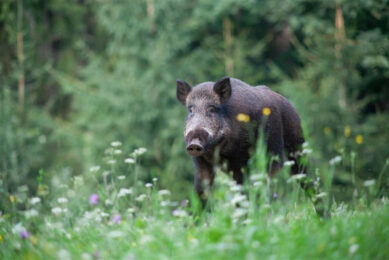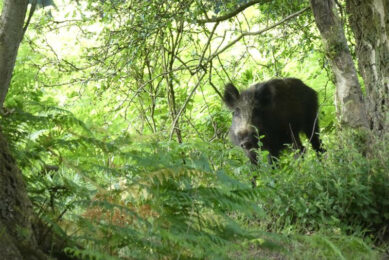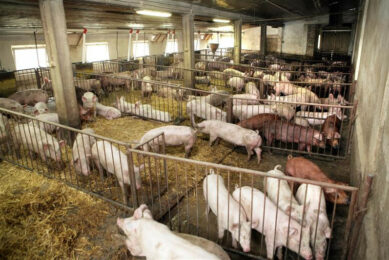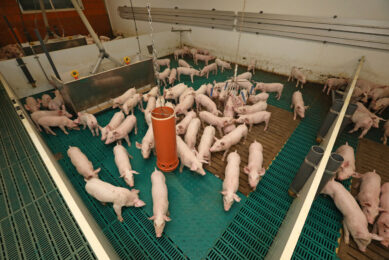ASF Germany: 9th farm infected; packer loses export permit to Korea
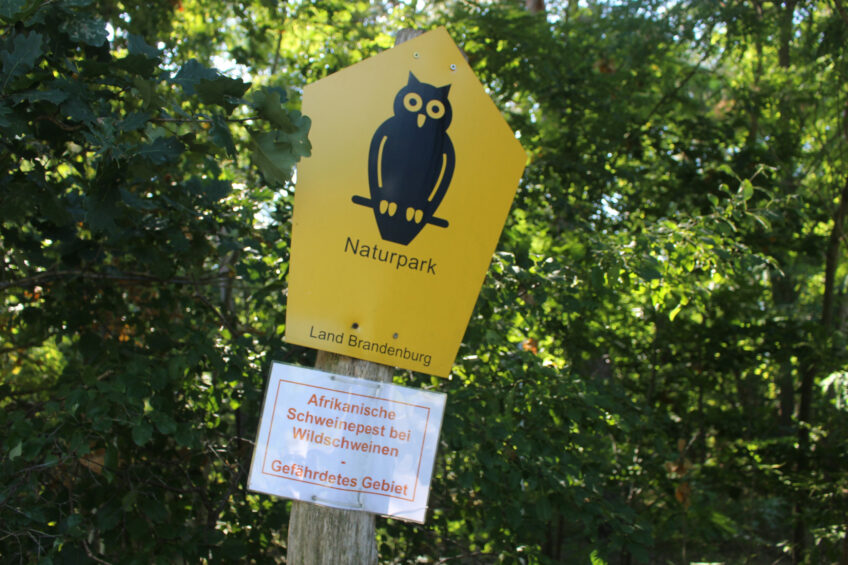
German authorities have confirmed a 9th pig farm to be infected with African Swine Fever. The virus was confirmed on June 5 in a finishing farm in the state Mecklenburg-Vorpommern, in the country’s north east.
The infected farm is located near the town Pasewalk, in the district Vorpommern-Greifswald, at just over 20 km from the border with Poland. Local authorities confirmed the finishing farm has about 3,500 animals on site, which will all be culled and disposed of properly. On Wednesday, June 5, 2 animals had been developing fever, whereas a third had died, the local news outlet NDR reported.
The numbers roughly were in agreement with the official report that was made to the World Organization for Animal Health (WOAH), which spoke of 3,000 animals, 3 infected animals and one death.
No ASF infected wild boar in the surroundings
The infection was confirmed on Thursday, June 6 by the German reference laboratory Friedrich-Loeffler-Institut (FLI). In a press release, the FLI stated that the exact origin of the infection is unclear. In the direct vicinity, according to the FLI, there is no ASF in wild boar.
Obviously the farm has been closed for transport. In the map below, the outbreak is the only blue coloured farm in Germany.
The moment of the infection is remarkable. It has been over a year since the previous outbreak in domestic pigs was reported in Germany (February 2023). It is the 2nd outbreak on a farm in the state Mecklenburg-Vorpommern, which is bordering Poland. The other outbreaks in domestic pigs were in Brandenburg (5), Baden-Württemberg (1) and Lower Saxony (1).
NDR quoted Till Backhaus, minister of agriculture of the state Mecklenburg-Vorpommern, who commented: “There are currently many indications that we are dealing with a point entry, similar to what we experienced in November 2021, when the virus was first detected in Mecklenburg-Vorpommern.”
Response to ASF by the local district
In a press release, the authorities in the Vorpommern-Greifswald district quoted veteriarian Dr Holger Vogel, the head of the district’s veterinary and food inspection office. He said, “The district is taking the case very seriously and is working closely and in coordination with the Ministry of Agriculture. The aim now is to contain the spread and prevent it if possible. Animal suffering and possible economic damage must also be minimised.”
According to European standards, the district has set up a 3km protection zone and a 10km surveillance zone around the affected farm by general decree until further notice. There are another 3,500 animals in 67 farms in the protection and surveillance zones. Certain regulations apply to animal owners in these areas, such as the need to report dead animals immediately. Likewise, pigs may not be moved into or out of the protection zone.
Packing plant feels the consequences
As a consequence of the ASF outbreak, a slaughterhouse of German packer Tönnies in the town Weissenfels, has lost its permit to send pork to South Korea – a permit it only recently had been able to get back.
The plant had been receiving pigs from the infected farm last week, hence the plant’s operations got severely impacted when ASF was confirmed. All meat from pigs delivered on June 5 was destroyed, and on June 6 and 7, the plant was closed for cleaning and disinfection. On Wednesday, June 12, the plant was closed down temporarily again as another case was suspected. That proved to be false alarm.
So far, it looks like the latest outbreak hasn’t had strong financial consequences. Pig prices in Germany have stayed stable ever since, Germany’s leading agricultural title Top Agrar reported.
New ASF farm outbreaks in Poland
In the meantime, also Poland started to report new ASF outbreaks on farms. This is a familiar pattern for the onset of summer, when (contaminated) hay from the fields gets supplied to pigs. So far, 6 farms have reported ASF this June, spread out over the country. One farm is located in West Pomerania province, south east of Szczecin, as the crow flies roughly 60 km away from the German farm near Pasewalk. This farm had 28 pigs on-site, according to the Polish Chief Inspectorate Veterinary Medicine.
The other 5 farms are in the provinces Greater Poland (2, very close to one another), Warmia-Masuria (2), Lublin (1). Of those 5 farms, one in Warmia-Masuria was the largest, with 146 pigs at the premises. The smallest farm (in Lublin province) was home to 10 pigs.
Poland has been reporting ASF since 2014. The current outbreaks bring the Polish total to 513 infected farms.



